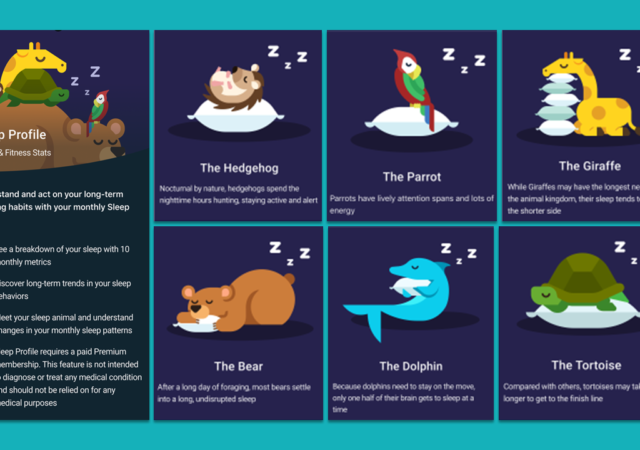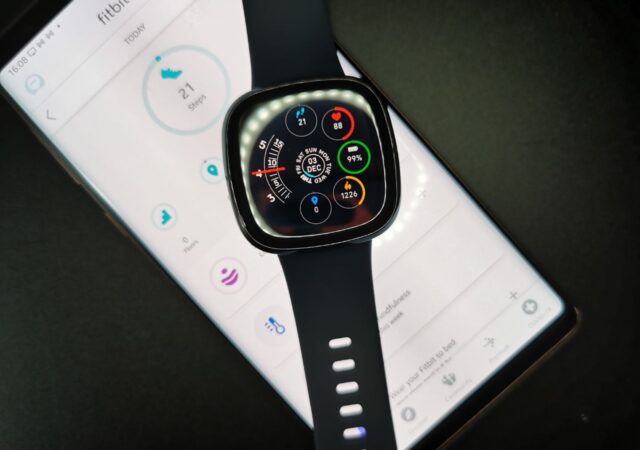Fitbit introduces a new feature for Fitbit Premium users to help them better understand their sleep patterns and its impact on health.
Fitbit Introduces Snore Detection for the Fitbit Sense & Versa 3
Fitbit introduces a new feature to the Fitbit Versa 3 and Fitbit Sense: snore detection which will enable users to track if they are snoring in their sleep.




